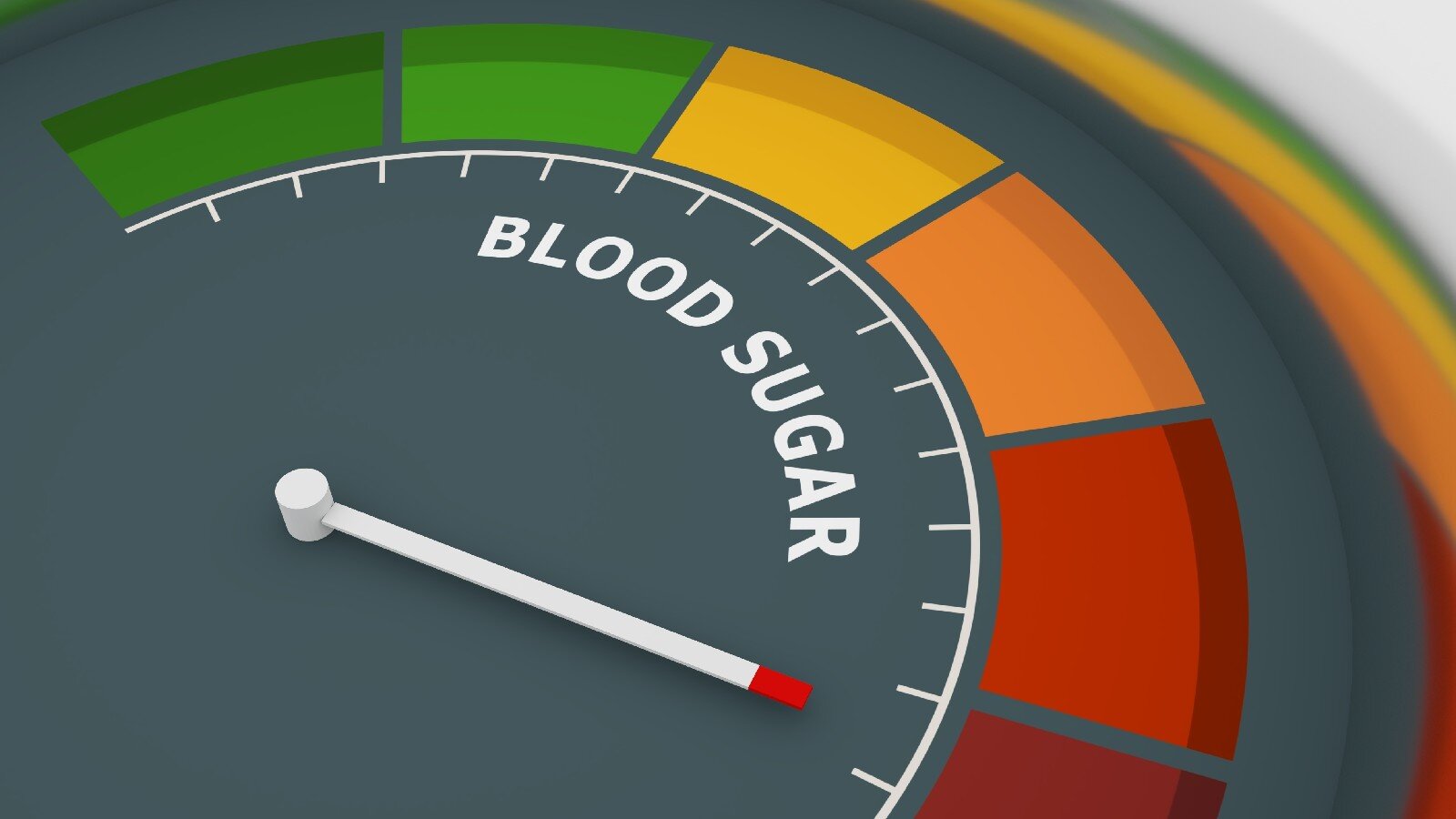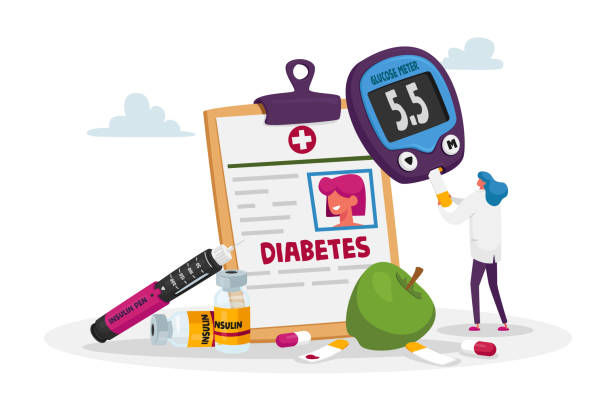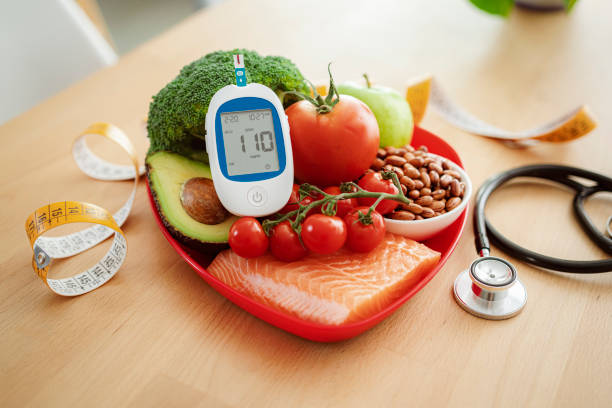
Blood Sugar
Blood sugar
Blood glucose, often known as blood sugar, is essential for providing your body with energy. It powers all of your activities, including working, playing, thinking, and working out. On the other hand, too high or low blood sugar levels might lead to health issues. It is essential to good health to comprehend how something functions and why it matters.
We have included all the information you require regarding blood sugar in our blood sugar hub. We will go over blood sugar definitions, blood sugar testing, blood sugar optimization, and the significance of blood sugar for your general health. We will also talk about conditions such as: Pre-Diabetes Diabetes Low glucose levels (hypoglycemia) Hyperglycemia (high blood sugar)
- Blood sugar control is important even for non-diabetics and is related to the risk of heart disease, cancer and dementia.
- Many factors affect blood sugar levels including diet, exercise, stress, sleep and medications.
- A normal fasting blood sugar level is between 3.9 – 5.6mmol/L (70 – 100 mg/dl).
- You can measure your blood sugar level with a continuous glucose monitor, HbA1c test, a finger-prick test and a venous blood draw.

